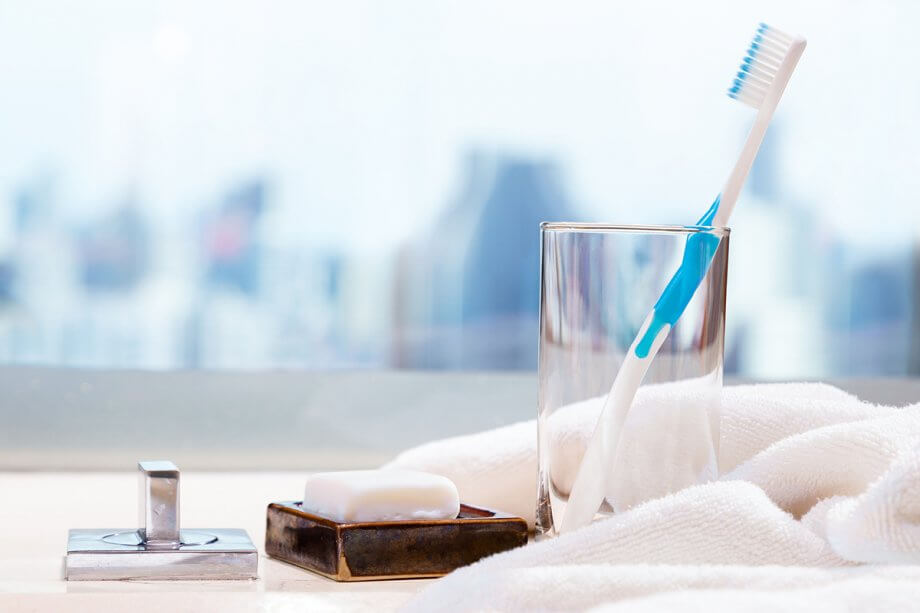Good oral hygiene habits are the foundation of healthy teeth and gums. When it comes to oral health, an ounce of prevention is worth a pound of cure, which is why your daily brushing and flossing, along with professional dental cleanings, are so important. How often do you really have to brush, though? Does flossing even do anything? And if you’re already brushing at home, why do you need to go to the dentist twice a year for professional cleanings? We answer these questions below.
How Often Should You Brush Your Teeth?
Brushing should be done at least twice a day—morning and night. If you drink a lot of coffee or tea, have braces, or eat something that leaves food stuck on or in between your teeth, you might even need to add in an extra brushing session.
Most people already brush twice a day, aside from the occasional night time lapse when they’re too sick or tired to brush, but where people more often slip up is not how often they brush, but for how long and how well. You should brush for two minutes—and if you don’t time yourself, it’s likely that you’re brushing for a lot less time than that. Use a pea-sized dab of fluoride toothpaste and a soft-bristled toothbrush and brush the fronts, backs, and chewing surfaces of each tooth. It can be helpful to divide your mouth into quadrants and spend 30 seconds brushing each one to ensure that you’re doing a thorough job.
How Often Should You Floss Your Teeth?
It’s recommended that you floss at least once a day, but you can floss more than that if needed. While everyone brushes their teeth, flossing is a habit that many of our patients struggle with. It’s often viewed like using mouthwash—a good extra step, but not necessary—but flossing is actually just as important as brushing.
Your brush simply can’t do an adequate job reaching the plaque that collects between your teeth and when you skip flossing or only do it once in a while, you’re at a higher risk for gum disease and tooth decay.
You can floss in the morning or at night, but we recommend doing it at night because it allows you to remove any food debris that has accumulated throughout the day before you go to bed. When you floss, do so between all of your teeth and reach all the way down to the gum line. If your gums start to bleed, this doesn’t mean you should stop flossing—it means you need to keep up the habit because you have either gingivitis or gum disease. Make an appointment to see your dentist and keep flossing daily.
How Often Should You Have Your Teeth Professionally Cleaned?
You should have professional dental cleanings and comprehensive evaluations every six months, unless you have gum disease or other dental issues that need closer monitoring.
Even if you brush and floss well at home, you need professional teeth cleaning for optimal oral health. When plaque on your teeth hardens, it becomes a sticky substance called tartar. The only way to remove tartar is with the specialized tools used at a dentist’s office. Tartar that isn’t removed can harbor the bacteria that causes gum disease and tooth decay.
Schedule an Appointment at Metrowest Prosthodontics
If you’d like to schedule a dental cleaning or have other questions about oral hygiene, contact us today at 508-620-6622 .

